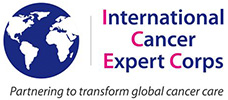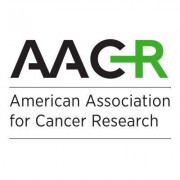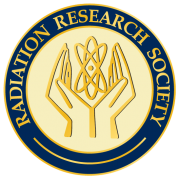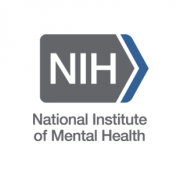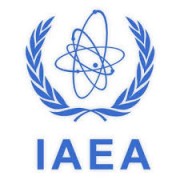African scientists launch their own preprint
A group of open science advocates has launched the first preprint aimed exclusively at African scientists. AfricArxiv seeks to improve the visibility of African science by helping academics share their work quickly. The platform will be hosted on the Open Science Framework (OSF), a free, open-source software that allows researchers to connect and share their work. It will support preprints, postprints, code and data, and welcomes submissions from all African languages, including Akan, Twi, Swahili and Xhosa. Read more…

